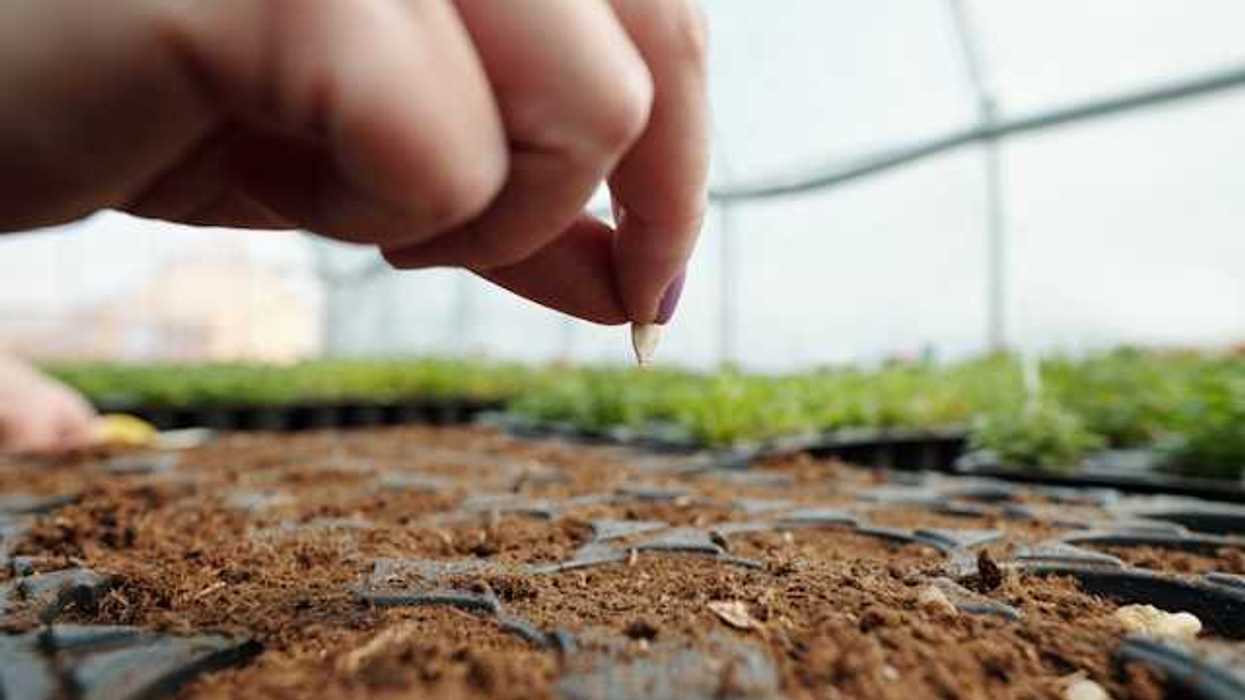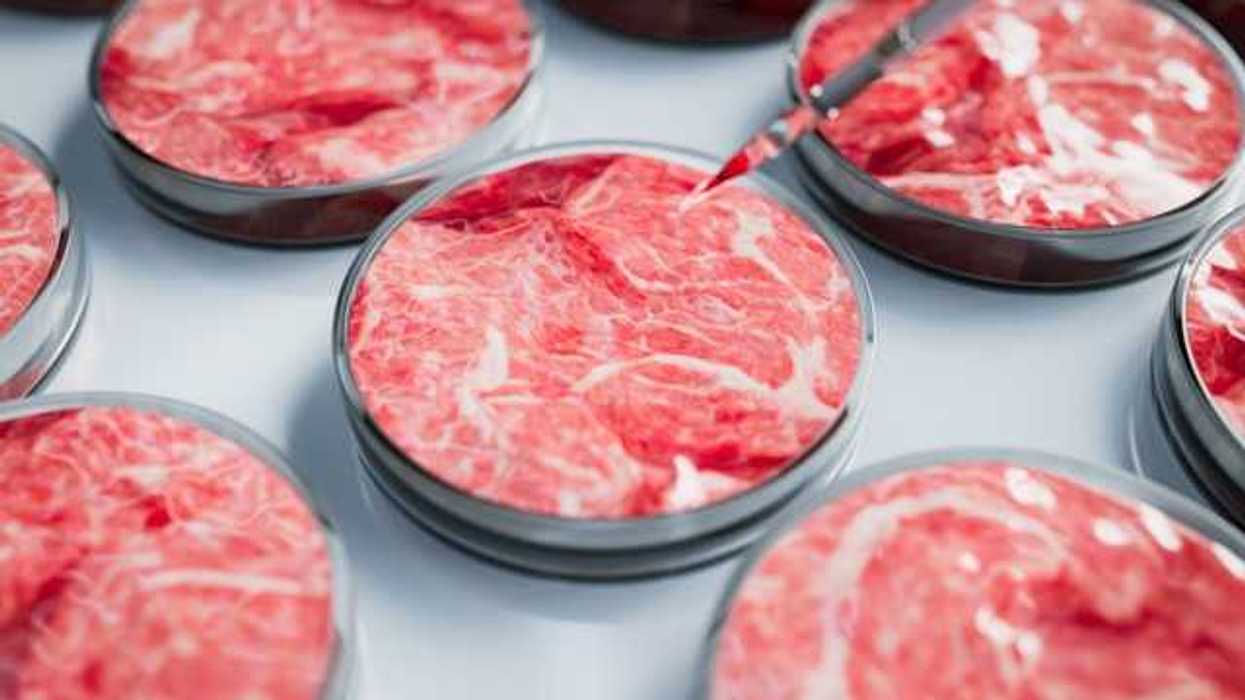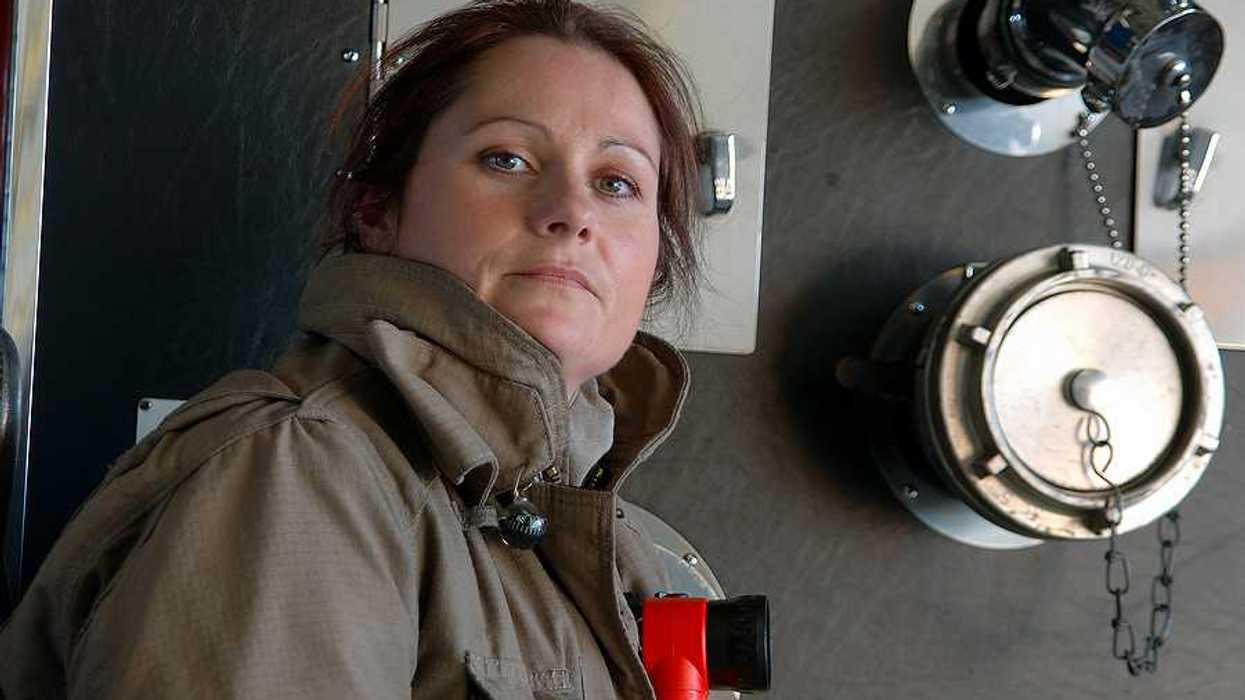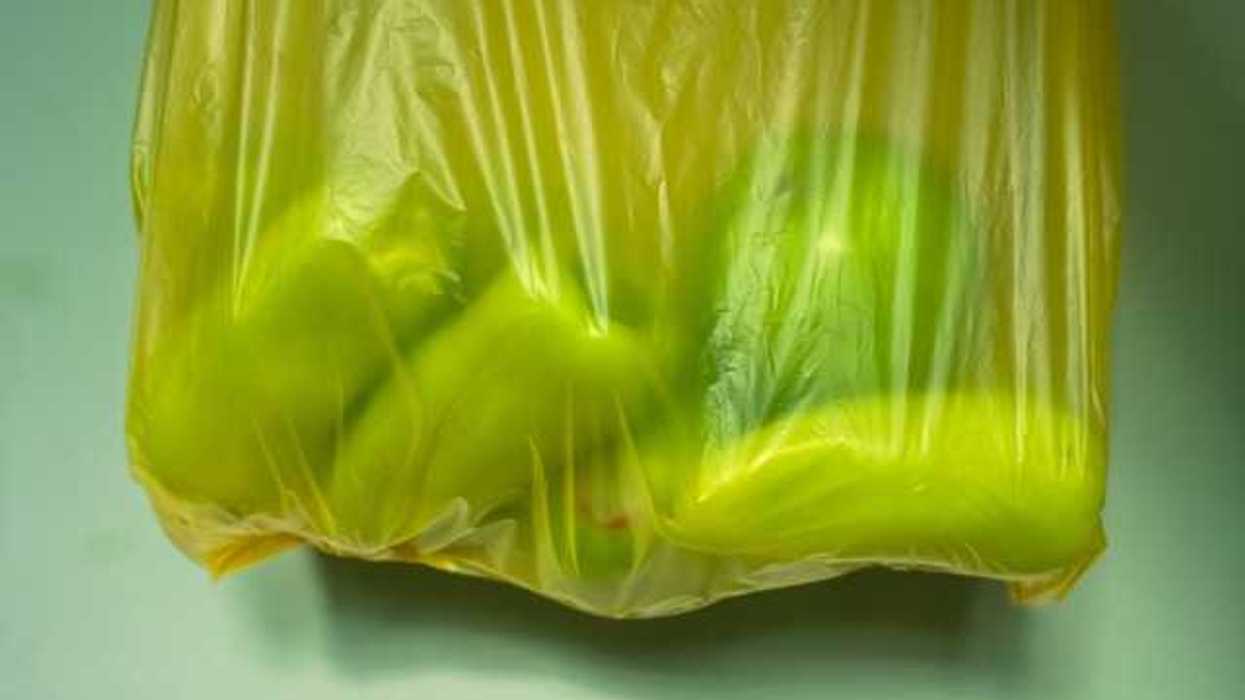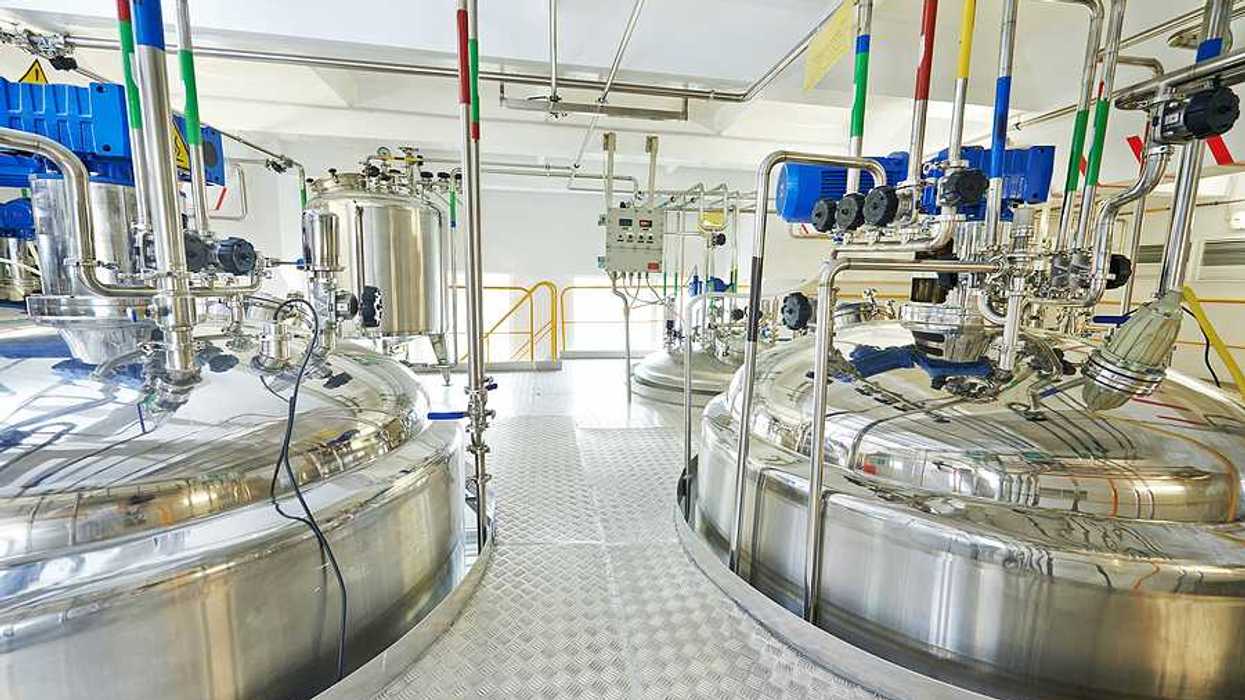As more states try to ban PFAS in consumer products, industry groups are mobilizing to protect their bottom line — even as health risks mount.
In short:
- New Mexico recently passed bills banning added PFAS in consumer goods, joining a growing number of states moving ahead of slow federal action.
- Industry groups like the Cookware Sustainability Alliance are lobbying hard to carve out exceptions for products like nonstick cookware and have filed lawsuits in some states.
- The battle over definitions — especially whether fluoropolymers count as PFAS — may shape the success or failure of these state-level bans.
Key quote:
“Fluoropolymers are PFAS. PFAS plastics are PFAS. They are dangerous at every stage of their life, from production to use to disposal.”
— Gretchen Salter, policy director at Safer States
Why this matters:
PFAS, linked to cancer, infertility, and immune issues, are now found in nearly all Americans’ bloodstreams and drinking water. States are stepping up where Washington is dragging its feet, and the chemical industry is not having it. Enter the lawyers. Industry groups, from cookware lobbyists to chemical manufacturers, are fighting back with everything from legal challenges to lobbying blitzes. But while companies stall, the public keeps paying the price. Families, health professionals, and communities on the frontlines of contamination are watching these bans not just as policy, but as a matter of survival.
Read more:


